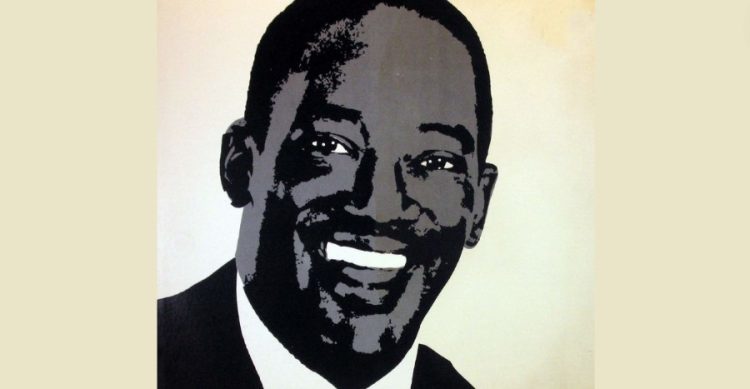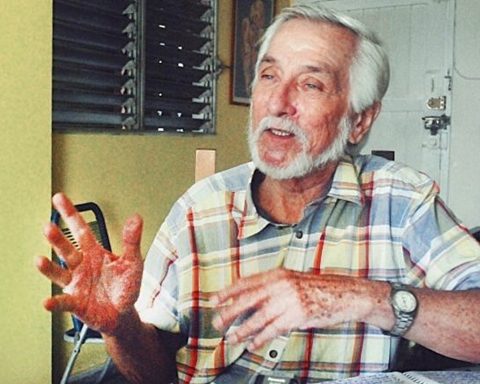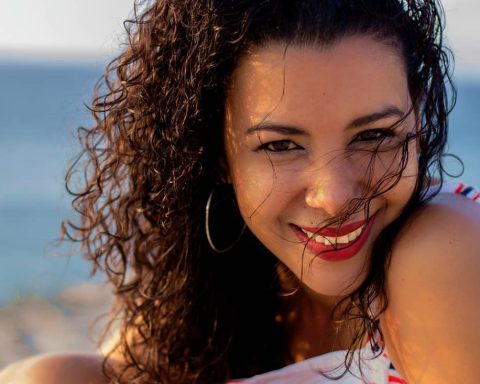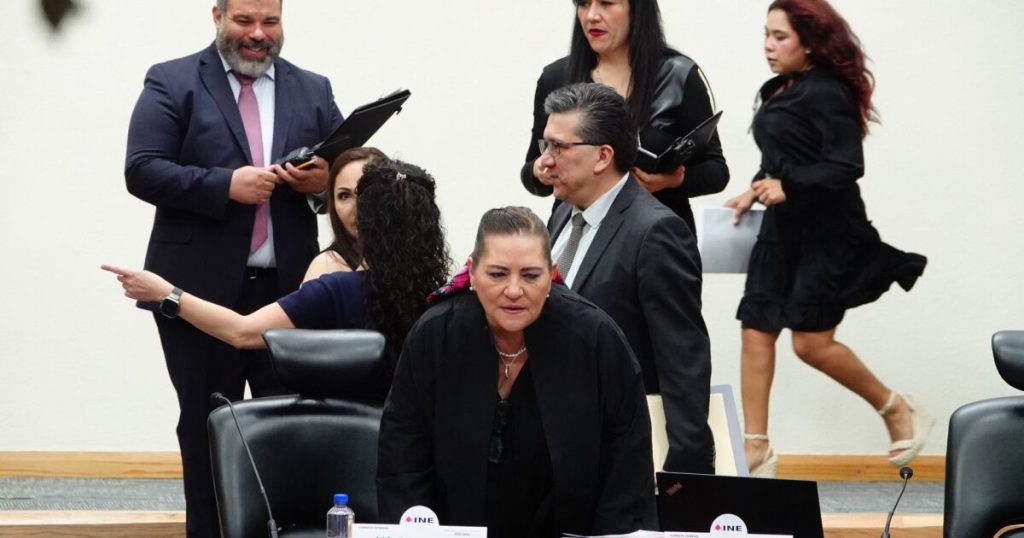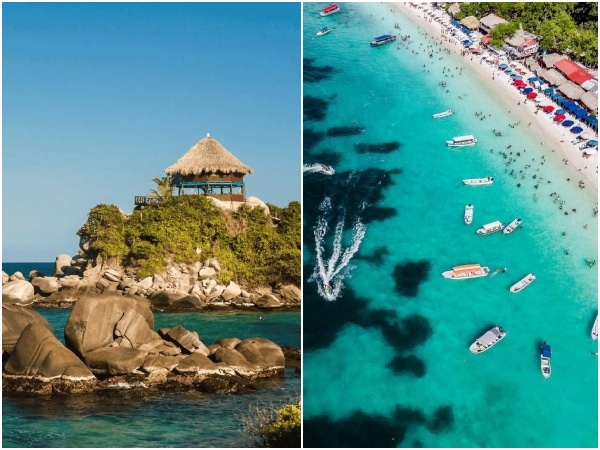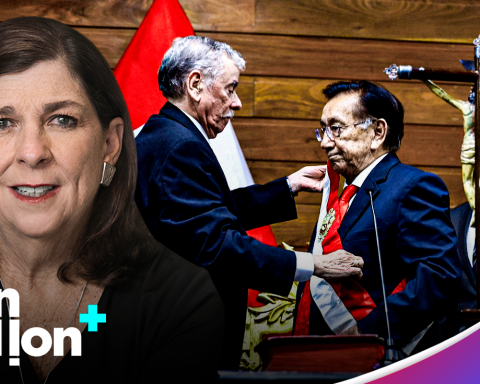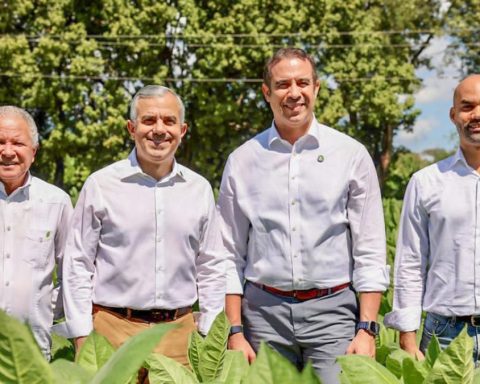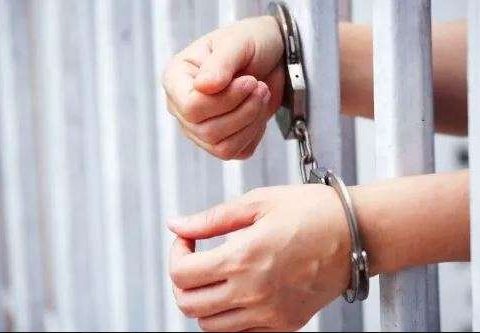MADRID, Spain.- Considered by musicologists and experts, one of the greatest clarinetists From the Island, Juan Jorge Junco Hortelano, born in Cienfuegos on November 9, 1913, began his musical education in childhood with his uncle Abelardo Junco. In 1924, at only 11 years old, he joined the Explorers Band of his city, of which he would later become a soloist.
He later played in popular orchestras and in 1929 he was a soloist with the Cienfuegos Municipal Band. In 1933 he moved to the capital of the country and from then on he became a solo clarinetist with important orchestras such as the Havana Philharmonic and the National Symphony – of which he was one of its founders in 1960, with Enrique González Mantici and Manuel Duchesne Cuzan—. Later, in the seventies, he would be part of the instrumental ensemble Nuestro Tiempo, created by Duchesne Cuzan.
Composer and teacher, Junco also taught classes at the Amadeo Roldan Conservatoryat the National School of Art and at the Higher Institute of Art. There is a consensus in highlighting his excellence as a teacher and that many of his students became renowned Cuban clarinetists. His masterful participation in the recordings of the clarinet solos in the music for the film is remembered. The beauty of the Alhambra by Enrique Pineda Barnet, premiered in 1989. As a performer he worked with new contemporary composition techniques.
Juan Jorge Junco received the National Award for Artistic Education in 2000 and died the following year, on August 24, 2001. He continued a family tradition of musicians and was followed in the arts by his descendants: his daughter Teresita Junco, a teacher and pianist, and his grandsons Ilmar and Aldo López Gavilán Junco, virtuosos of their respective instruments, the violin and the piano.
